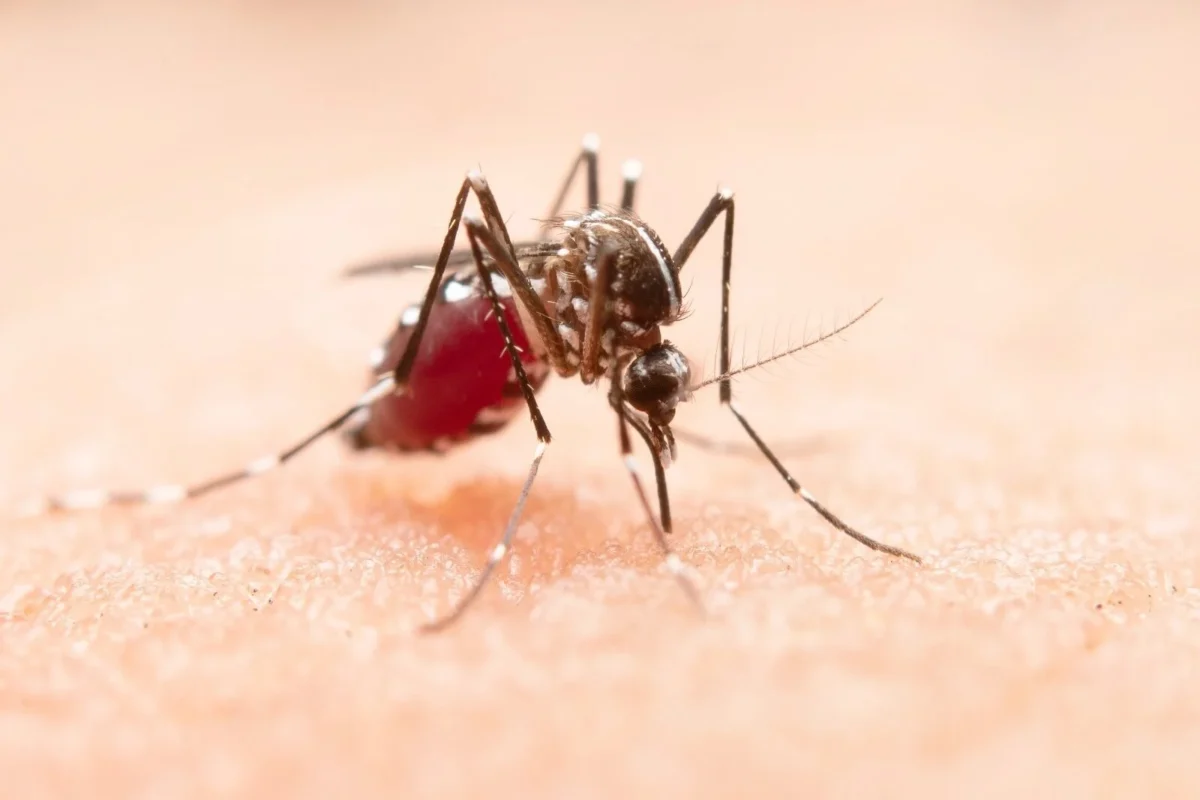7 Warning Signs of Dengue Fever in Gurgaon
Dengue fever, a viral infection transmitted by mosquitos, offers a substantial health danger in urban places such as Gurgaon, where environmental circumstances promote the multiplication of disease-carrying mosquitos. As the monsoon season approaches, it’s critical to be aware of the warning signs of dengue fever stage in order to seek immediate medical assistance and avoid complications. In this comprehensive article, we will look at seven important signs of dengue fever stage that are particularly relevant to Gurgaon inhabitants.
-
Sudden High Fever
One of the most common symptoms of dengue fever stage is a sudden onset of high fever, with temperatures often reaching 104°F (40°C) or higher. This fever lasts from 2 to 7 days and is accompanied by severe body aches and headaches. A persistent high fever that does not react to over-the-counter drugs such as paracetamol could suggest dengue infection.
-
Severe Headaches and Eye Pain
Individuals afflicted with dengue fever frequently suffer severe headaches, especially behind their eyes. The discomfort can be terrible, and it is frequently accompanied by burning eyes, light sensitivity (photophobia), and blurred vision. If you have persistent eye pain and other symptoms, you should see a doctor for an evaluation.
-
Muscle and Joint Pain
Dengue fever is commonly known as “breakbone fever” because it produces significant muscle and joint pain. This pain, also known as myalgia or arthralgia, can be terrible and impact numerous places of the body at once. Muscle and joint discomfort usually peaks during the first few days of illness and then gradually lessens as the fever goes down.
-
Nausea, Vomiting, and Abdominal Pain
Many people who have dengue fever stages get gastrointestinal symptoms such as nausea, vomiting, and abdominal pain. These symptoms range from moderate to severe and, if not treated properly, can lead to dehydration. It is critical to stay hydrated by drinking plenty of fluids and seek medical assistance if vomiting continues or you detect signs of dehydration such as dizziness and decreased urination.
In some cases of dengue fever, a distinctive skin rash develops, usually appearing 2 to 5 days after fever onset. The rash appears as tiny, red, elevated lesions called petechiae and may be accompanied by itching. While the dengue fever rash is usually not unpleasant, it is an essential diagnostic signal for healthcare workers when assessing probable cases of dengue fever.
-
Bleeding Manifestations
Individuals suffering from severe dengue fever may develop bleeding as a result of the virus’s impact on blood coagulation systems. This can result in nosebleeds (epistaxis), bleeding gums, easy bruising, or gastrointestinal bleeding. If you see any abnormal bleeding, seek medical assistance right once, since these symptoms could indicate dengue hemorrhagic fever, a potentially fatal complication.
-
Persistent Fatigue and Weakness
Recovery from dengue fever can be slow, with many people suffering weariness and weakness even after the fever has subsided. This post-dengue weariness can linger for weeks or months, affecting everyday functioning and quality of life. Adequate rest, hydration, and nutritional support are required during the recovery phase to ensure complete recovery.
To summarize, identifying the warning signs of dengue fever is critical for early detection and quick care, particularly in high-risk locations such as Gurgaon. Individuals may protect themselves and their communities from the potentially devastating effects of dengue illness by remaining aware and alert.



